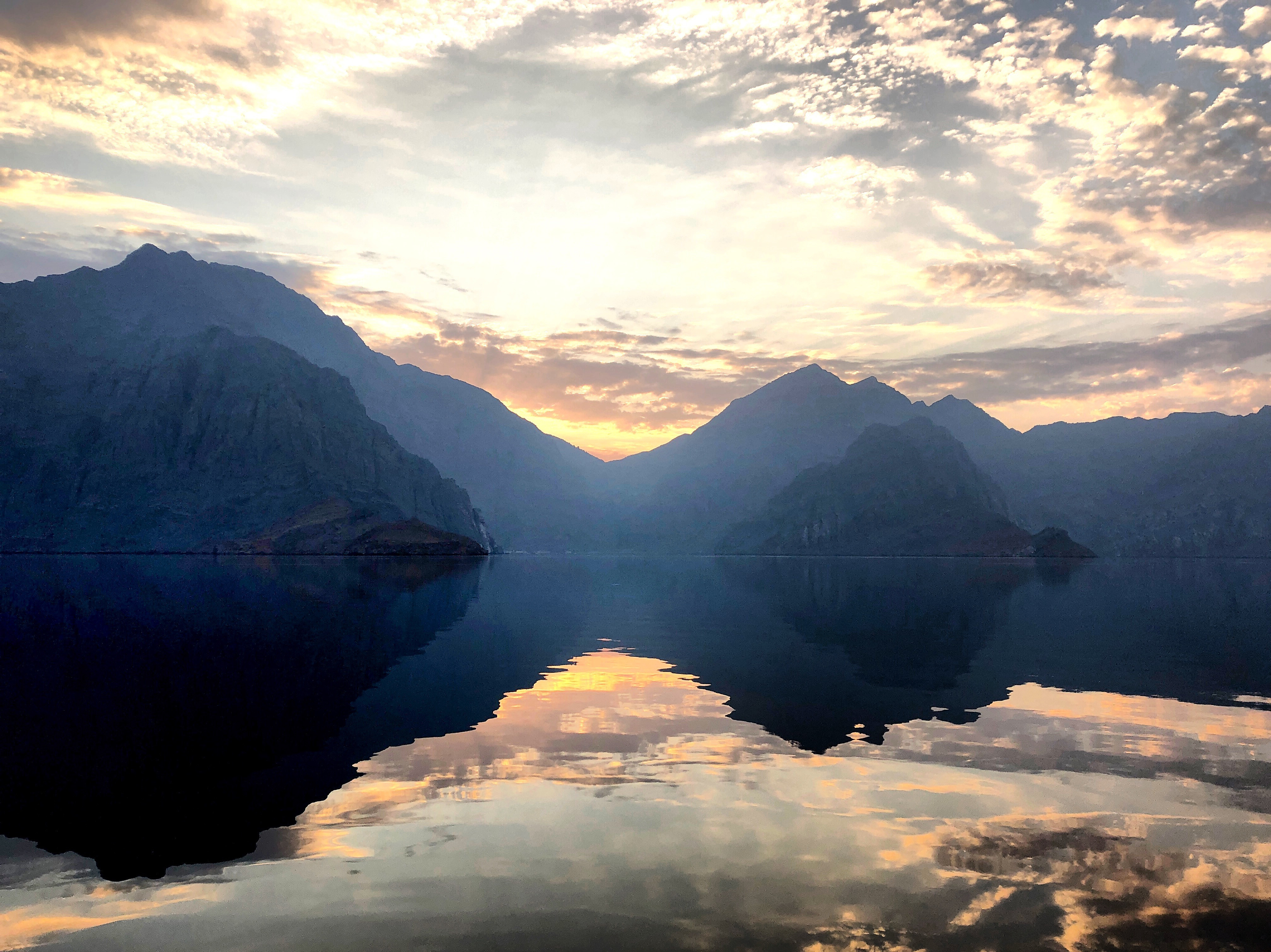In this current state of the world, we need to make space.
There is no doubt that the future is accelerating exponentially. The abundance of future foresight literature is overwhelming if only to prove the point. Artificial intelligence is now a possible threat to human intelligence; in that we don’t know enough about the possibility to be able to gage what the existential risk could be. Computer automation is facilitating the speed and efficiency in which things are done, speeding up timelines where we can barely keep up and will quickly take over process oriented jobs. Human beings are striving to keep up with this fourth industrial revolution, with major consequences to both the individual wellbeing and the wellbeing of the natural environment (where survival mode is historically not our strongest suit in terms of impact). Part of the challenge is that we are a results oriented society and now expect results faster than we can understand them. Traction and metrics have become validation requirements that impinge on the nature of experimentation and exploration. If you can’t show it having impact almost immediately it is deemed obsolete. And so we accelerate. Almost faster than the future, and with more fearful energy injected to offset the world.
Recently the Institute of Humane Technology led by ex-googler Tristan Harris coined the consequence of technology on our individual well-being as “human downgrading”. The naming process, admittedly a laborious one, probably involved recognizing the irony of the intention of tech as an upgrade. The MIT Presencing Institute calls this consequence “Absencing”, attributing not only tech, but exploring complex societal structures and the evolution of civilization. Regardless of whether the terms “downgrading” or “absencing” resonate (both seemingly too high brow for widespread adoption) there is an emerging effort to address our relationships to technology, each other, and the world. And the reality is that this effort would have perhaps not begun to emerge if we had not reached this point in the first place.
Almost as if in response to this tech epidemic, self-development and mindfulness practices are now all the trend. They teach us to be more present, respond instead of react, and generally find contentment and satisfaction in our daily lives. Born out of Buddhist traditions, most mindfulness training programs focus on breathing, meditation, and watching your thoughts to understand them better. From the ‘Life Transformations’ of Tony Robbins and the call to embrace ‘Vulnerability’ and ‘Courage’ by Brene Brown, there is evidence of a deep need for self awareness. The multitude of yoga mats that are walked down the street and the scale in which meditation apps are being shared is proof enough that if you look for it, you can tap into this shift towards consciousness, authentic or not. Waves of employees are leaving their jobs to find more meaningful impact. Simon Sinek’s Golden Circle of ‘Finding your Why’ has been watched on YouTube over 43 million times. And the TED stage and that which it inspires have become a platforms and communities for every individual looking for more.
And as these polarities face-off, we are confronted with a challenge that we never seem to get right. The challenge of balance. Yo-yoing from one extreme to another, focused on transformation, partly because disruption is scaling so fast, & overcome by the radical and its awesomeness. So we lose balance, and we witness the extreme divides dominating today. How do we close the gaps that are continuously sprouting if even from our efforts? How do we move forward without such drastic disparities? The gap between the absent and the present is all the more disconcerting because it’s intangible. Between individuals indulging in “downgrade” experiences and those embracing self connection & understanding, we can only close the gaps by making space.
We speak of ‘time’ as lacking, when in fact what we are missing is space. We mis-use time, filling it with too much or too little, once again if only to make up for the the previous state. Our misuse of time can be addressed in the argument for space; because the more we can make space, the more value time begins to have, and the more it has value, the more of it we will have. By making space, a new measure of experience is defined that is expansive and conscious. Space is not a definitive quantifiable area, but rather an experience of giving attention to the area that you are in. It is as mental as it is physical. More importantly it is more accessible than consciousness and awareness because it doesn’t have any of the attached storytelling and spiritual stigma that can easily trigger fear and threat. It is just space. The more we can make space, the more we live our lives outwardly as if in ripples that widen outwardly and shift and open to be more inclusive, more open, and more diverse. To close those gaps by filling them with space.
So how do we make space? We make space by cultivating our physical spaces to encourage mental space. We make space by encouraging our experiences to include space. We make space by pausing; by recognizing when we need space, even within a conversation, or a thought. By separating ourselves from how we define things to allow them the space to exist otherwise. By looking for connections rather than constricting ourselves to the divisive labels and categories that society constructs.
By making space, we leverage our human superpower of imagination, quieting the amygdala that is reactive with fear, and flexing our prefrontal cortex in all its potential to think critically and creatively and with care and consideration—without a tech war between man and machine dramatized by fearful concepts of destruction and despair. Without the necessity to subscribe to a specific dogma or dictation. Space is neither positive nor negative, and therefore it’s all encompassing, all inclusive, and accessible for all. Space is connecting with nature and realizing our minuscule relationship to the universe. Space is postponing judgement. Space is challenging your ideas constantly so they get better. Space is letting go of the status quo. Space is everything we breathe for and nothing that we fear. Space is space, and we need to make more of it.


